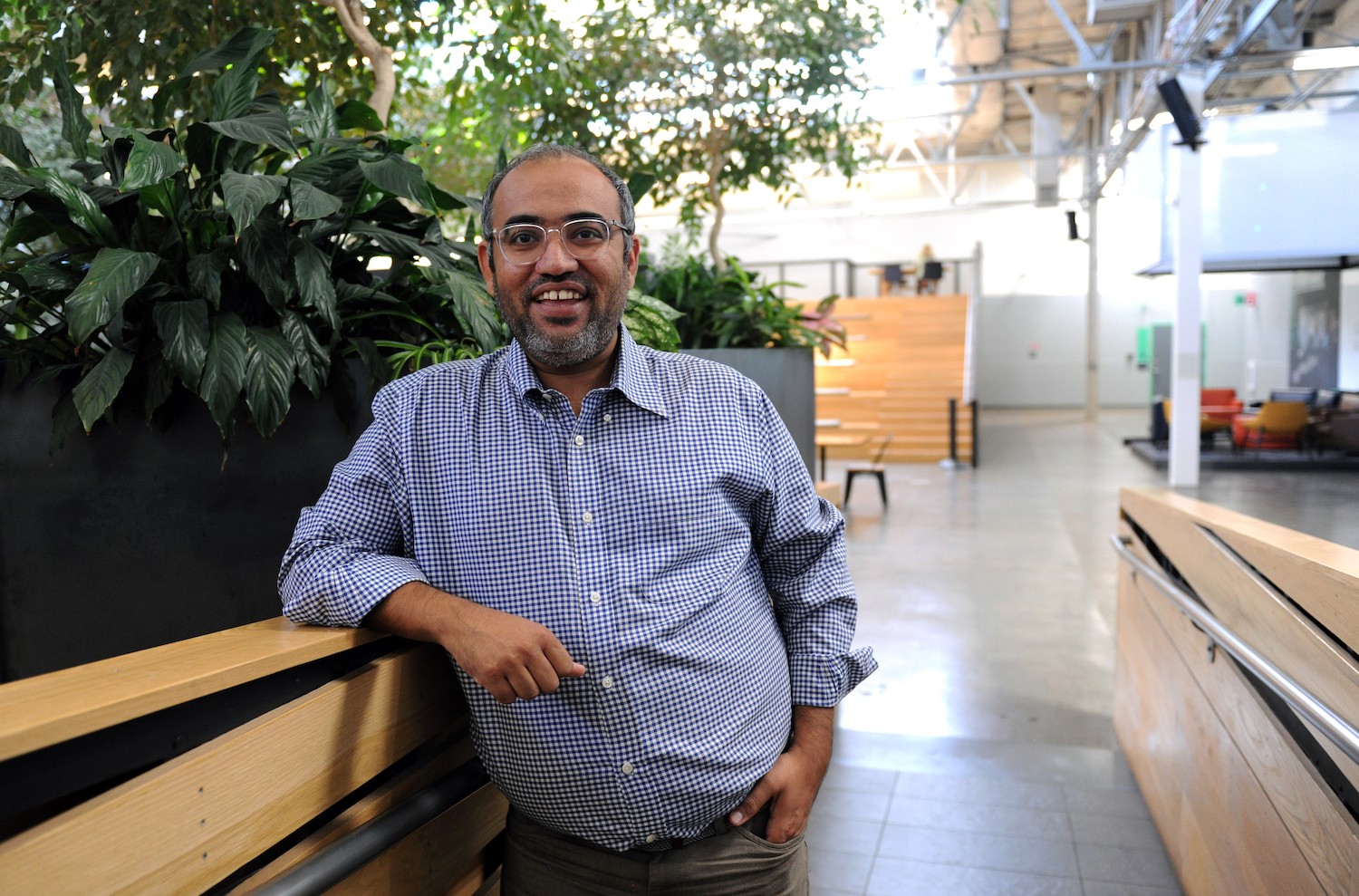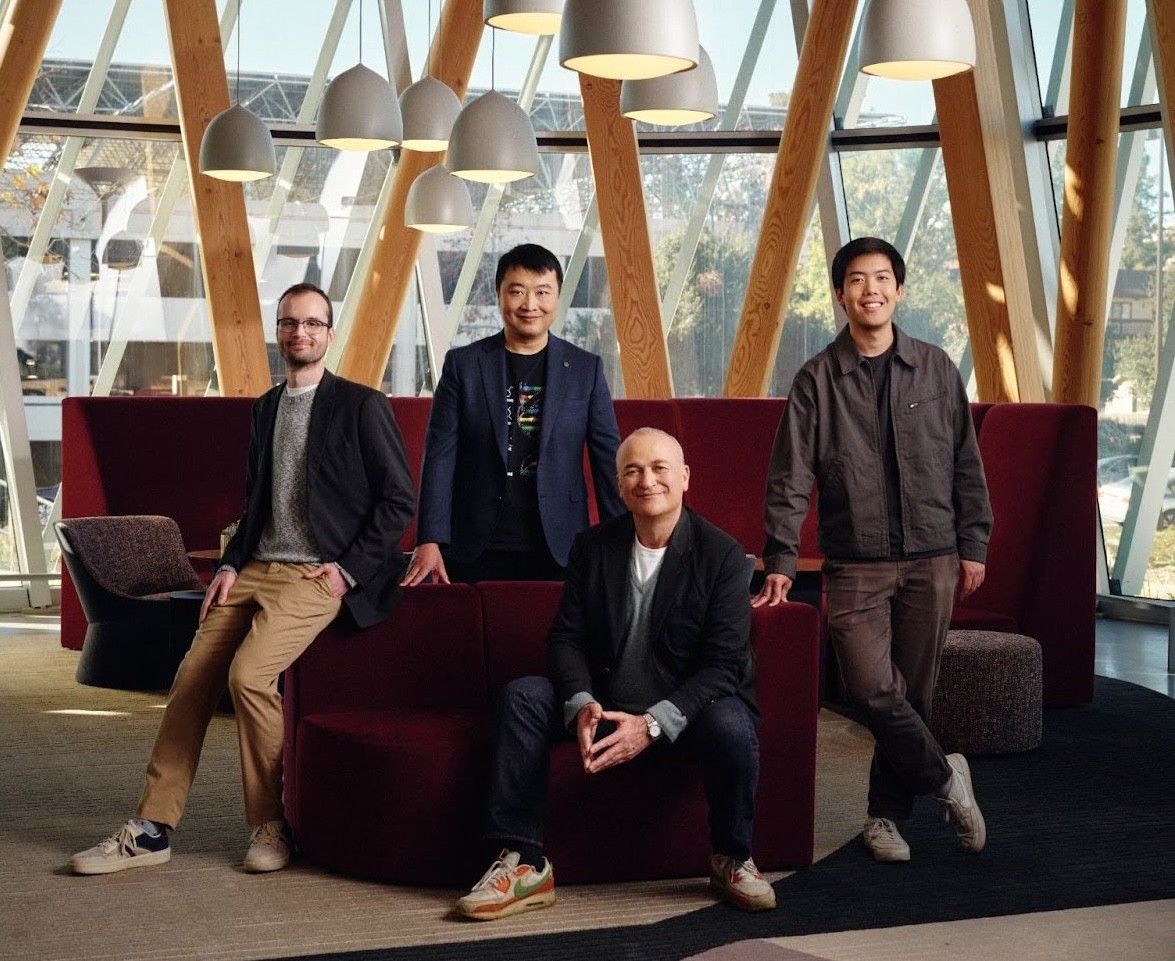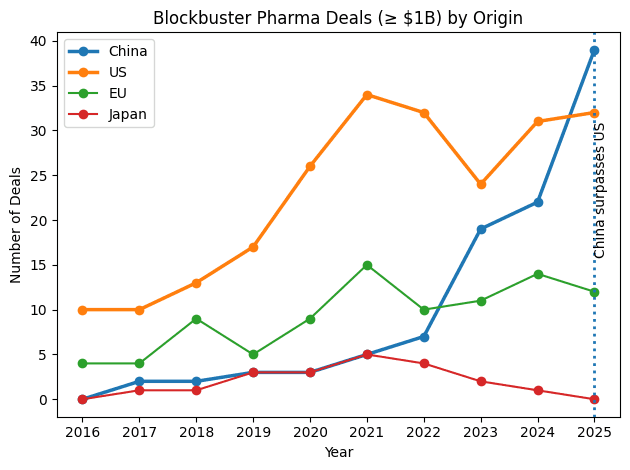London’s SynbiTECH takes on the challenge of building a multibillion dollar synthetic biology industry
On June 24-25, the brightest and best synthetic biology innovators from the UK and around the world will come together at SynbiTECH, a gathering of start-ups, business leaders, investors, and policymakers. The goal: to explore the power of synthetic biology to transform our society and to accelerate the expansion of the rapidly growing bioeconomy.The meeting’s co-presidents -- Professors Richard Kitney and Paul Freemont -- are two of the biggest names in UK synthetic biology. At Imperial College, they founded SynbiCITE, which to date has helped launch over one hundred SMEs (small to medium enterprises) that comprise a big part of the UK’s 220 billion-pound bioeconomy. The government estimates its bioeconomy will double by 2030, in some measure due to small synthetic biology companies.“The Government is expecting small companies to really make a big push in the bioeconomy. And I think that that's quite exciting,” said Kitney, but additional government investment will be needed to make that happen.Why is synthetic biology special and deserving of public and private support compared to other fields? Kitney suggests that, as an enabling technology, synthetic biology is a multiplier of the bioeconomy for everyone.“There's a group of people in traditional tech that believe that enzymology techniques will be able to achieve all that needs to be achieved,” he says, “and that synthetic biology is just another version of traditional industrial biotech.” If successful, however, maybe SynbiTECH will make people realize that, actually, synthetic biology is a different kind of industry that takes a different kind of approach.SynbiTECH 2019’s comprehensive program will showcase the trends emerging across the synthetic biology industry including the latest commercial developments, policies impacting the future of product development, and a glance at some of the companies that may represent prime investment opportunities.In addition to the latest innovators, SynbiTECH will have speakers from biotech powerhouses like GSK, DSM, Microsoft, and Ginkgo Bioworks. SynBioBeta’s own John Cumbers will also speak at the two-day international summit.The UK has a big fashion industry, and Paul Freemont is particularly excited about the crossover between biodesign and fashion.“You will be able to go from Opentrons liquid handling through to fashion exhibits all in one space,” Freemont said, “where the technology we’re passionate about crosses over into new market being created.”SynbiTECH’s participants will include Helene Steiner, Director and Co-Founder of Open Cell, the new collaborative space that is transforming shipping containers into lab space for London’s biodesign community. She sees the blend of natural and digital as a new kind of cross disciplinary approach that is more inclusive of design, fashion, and the arts. This could lead to wearables, medical solutions, and smart cities.“But as a designer,” Steiner says, “I am most excited about the opportunity to create products embedded in systems which follow the circular economy. Biodesign is a collaborative approach between science, design and engineering to work towards a sustainable future.”Freemont is also eager to welcome a Kenyan delegation, including Kenya’s Secretary of Education. Kenya is intrigued by these exciting technologies and methods, he says. “I think it could really make an impact on the African continent.”SynbiTECH’s program will include sessions in several key areas:
Policy Making
Technology and innovation
Applications
Biodesign
Responsible Research Innovation
Investment
The SynbiTECH program seems to be asking in many ways what the UK and the world need to do to move toward a more sustainable economy.“Sustainability and environmental issues are still high on the agenda in mainland Europe,” Freemont says. Topics of sustainable materials, sustainable fashion, and consumer biotech all push toward the idea of a consumer-driven bioeconomy. Freemont is keen for the design world to share some “ big consumer realities” demonstrating that people can buy sustainable, high-performance products that are not just good for the world, but that work better than their petroleum-based forerunners.SynbiTECH will give plenty of opportunities to network with companies and people of influence. With a reception at the close of each day and several networking opportunities throughout the event. The program has been kept to a single stream to make sure those attending can utilize their time in the way that works optimally for them.So if you’re interested in hearing some of the industry’s leaders talk about the transformation of the global bioeconomy via synthetic biology, SynbiTECH is not to be missed!Venue: QEII centre, Westminster, London. Apologies in advance but owing to venue size, space is limited and therefore tickets are allocated on a first come, first served basis. 10% discounted tickets, only £675 for the full conference, are available until May 24th. Click here to reserve your place https://www.synbitech.com/register



















